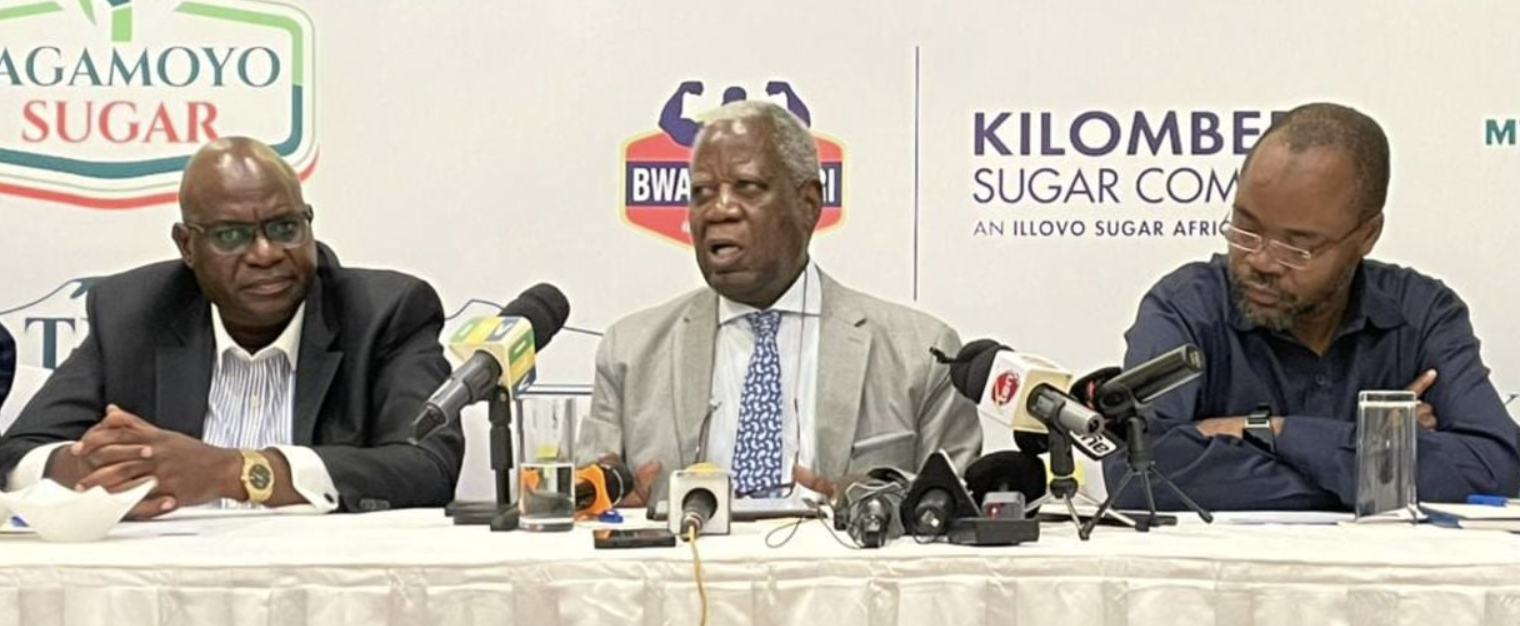Dar es Salaam – The Tanzania Sugar Producers Association (TSPA) has firmly denied accusations of hoarding sugar to inflate prices for personal gain. The Chairman of TSPA, Ammi Mpungwe, speaking on July 1, 2024, refuted these claims, stating that their primary objective remains to boost domestic sugar production, not to engage in importation or market manipulation.
Addressing Accusations and Market Dynamics
The sugar shortage in Tanzania, exacerbated by heavy rains at the end of 2023 and subsequent flooding, has caused significant disruptions in sugarcane harvesting, leading to production shortfalls and price spikes. The government’s measures, including import permits for 100,000 tons of sugar, are part of the response to stabilize the market and curb price inflation. These efforts aim to mitigate the impact of the El Nino-induced adverse weather that hindered production last year.
Mpungwe emphasized that the TSPA communicated with the government about the anticipated production challenges as early as December 2023. Despite this proactive approach, producers have been accused of creating artificial shortages. Mpungwe insisted that such allegations are baseless and politically motivated, underscoring the association’s commitment to transparency and cooperation with government directives.
Government Interventions and Industry Outlook
To address the ongoing crisis, the Tanzanian government has set indicative prices for sugar to prevent exploitation and ensure affordability. Depending on the region, retail prices are capped between TSH 2,700 and TSH 3,200 per kilogram, with strict penalties for non-compliance. Furthermore, new investments, such as the expansion project by Kilombero Sugar Company, are expected to significantly increase sugar production capacity, aiming to meet and eventually exceed domestic demand by 2025.
The government has also issued import permits to major sugar producers, including Mtibwa, Kilombero, Bagamoyo, TPC Limited, and Kagera Sugar, to bridge the immediate supply gap while long-term production strategies are implemented. This multi-faceted approach aims to stabilize prices, ensure consistent supply, and reduce reliance on imports.
Industry Challenges and Future Prospects
Despite these measures, the sugar industry in Tanzania faces challenges, including high production costs and unstable weather conditions. The government’s efforts to attract more investment into the sector are crucial for achieving self-sufficiency and enhancing the industry’s resilience against future disruptions.
